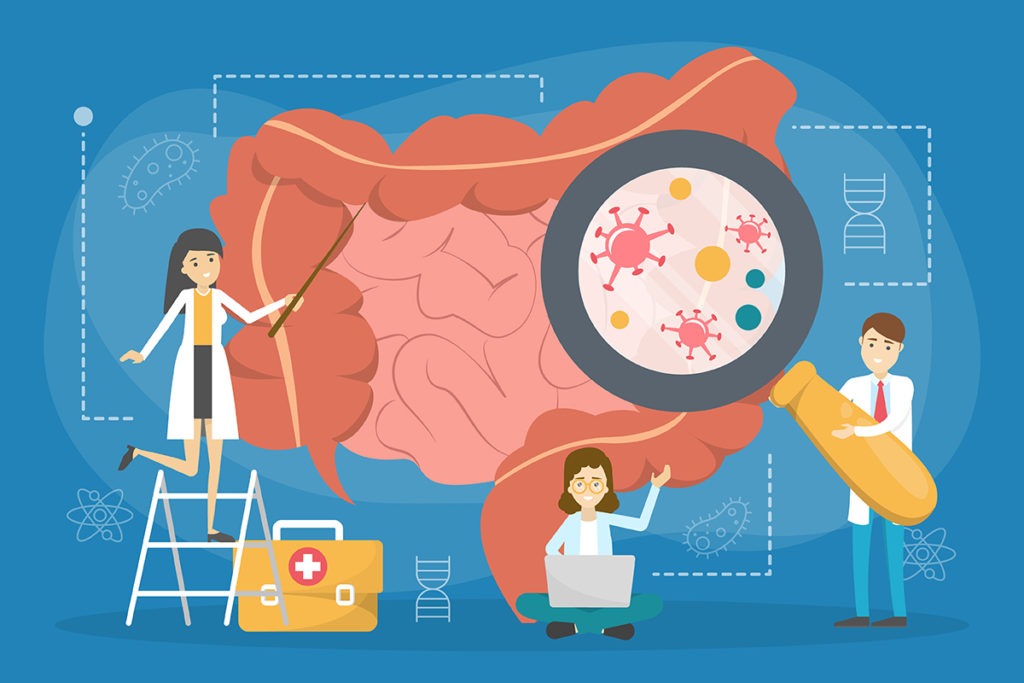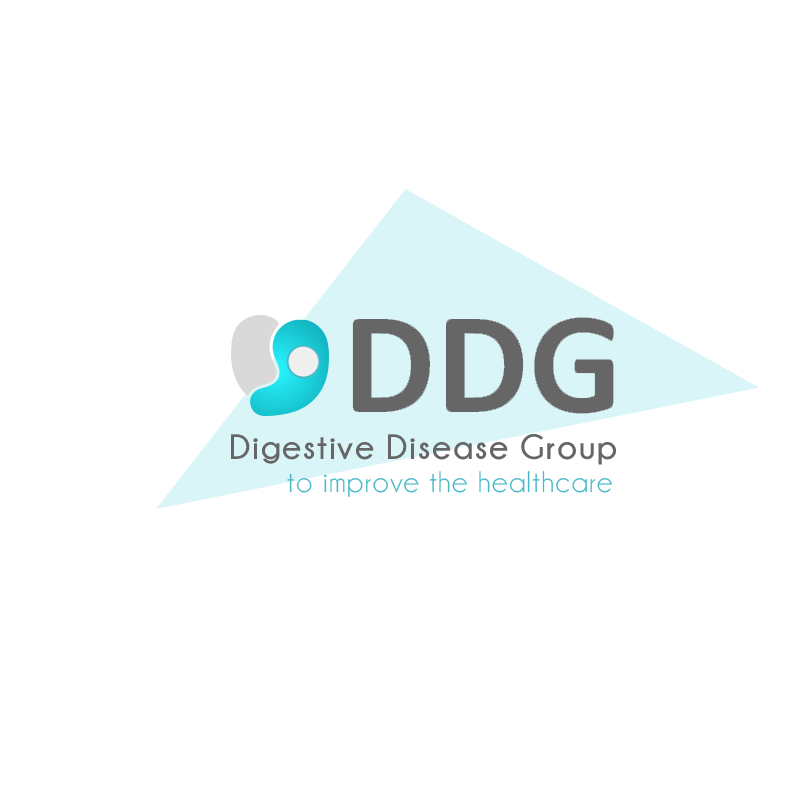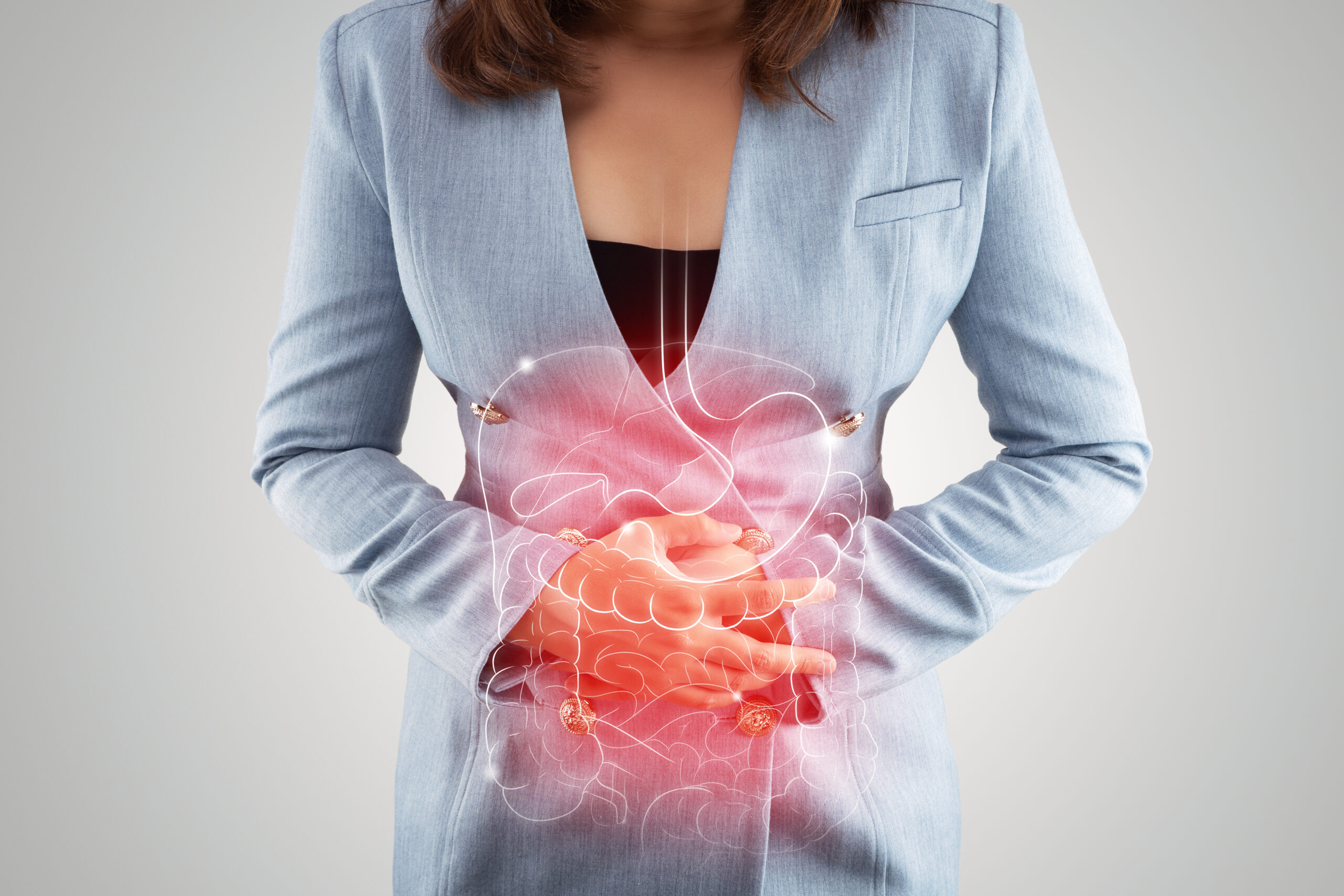
Benefits and uses of green tea
12 October 2020
All about the immune system in 4 points
14 December 2020Colon cancer, also known as colorectal cancer, is the second leading cause of death all over the world. In 2018, more than 500,000 cases of colorectal cancer were reported in Europe alone. In the United States, it is ranked the third amongst cause of deaths. Statistically, colorectal cancer is more common in men and generally targets the population over the age of 50.
More information about colorectal cancer
Colon cancer may initially present as a polyp, which may have the potential to develop into cancer. Therefore, early detection and appropriate screening can help detect the disease at a primary stage.
The digestive tract is a uniquely designed system responsible for transforming food into energy and nutrients. Along with other organs, the colon is an integral part of the digestive system.
The colon, also known as the large intestine, is a coiled tube-like organ that is 1.52 m long. It is responsible for the final digestion of food by reabsorbing water from undigested food and finally processing the excrement; that is, stools.
Colon cancer is one of the common malignant tumors of the digestive tract. It is a pathology at the cellular level which results in the uncontrolled growth of abnormal cells and ultimately causing the destruction of normal cells. Almost any organ in the body can be affected by cancer, and it can also spread to other parts of the body as metastases.
What are the signs and symptoms?
Tiredness
Colon cancer can lead to blood loss and diarrhea which in turn leads to weight loss and fatigue.
Palpitations
The development of anemia and dehydration due to colon cancer causes palpitations to the patient.
Abdominal cramps
A long-standing change in bowel habits and bloating cause abdominal pain which can be long and severe.
Rectal bleeding
Bright red blood in the stool indicates recent bleeding has occurred in the colon or rectum. It can also occur due to hemorrhoids.
Altered bowel habits
The change in consistency (alternating diarrhea and constipation), frequency and color of stool explains the altered bowel habits.
Presence of hemorrhoids
Persistent diarrhea and constipation cause strain on the stool. When pressure is put on the blood vessels in the intestine, they enlarge, ultimately resulting in hemorrhoids.

What are the causes ?
Food
High sugar intake and physical inactivity lead to obesity and insulin resistance, due to which overgrowth of the intestinal lining begins, eventually leading to colon cancer.
Inflammatory bowel disease
There is an increased risk of colon cancer in patients with inflammatory bowel disease. The risk is relatively less during the first ten years of the disease, but after that it seems to increase at a rate of almost 0.5 to 1% per year.
Smoking
Smoking cigarettes increases the risk of colon cancer, especially after 35 years.
Polyps
Polyps are an abnormal proliferative pattern in the intestinal mucosa that occurs due to an altered DNA repair mechanism. Appropriate pathological screening for polyps should be done as they can lead to cancerous growth.
Family history
A family history of polyps and colorectal cancer is also a risk factor for colon cancer.
Diagnosis and treatment
This cancer can be cured if it is detected and treated early in its development. If colorectal cancer is detected early, the chances of survival at 5 years are 90%!
Colorectal cancers can be detected early using various stool tests such as: guaiac-based fecal occult blood test (gFOBT), FIT test and FIT-DNA tests with colonoscopy.
Diagnosis
The ultimate diagnostic tool for colon cancer is colonoscopy. In this procedure, a tube is inserted into the rectum and a proper inspection of the entire colon is performed. Polyps can be removed during colonoscopy and sent to the lab for analysis to confirm whether they are benign or cancerous.
Treatment
The treatment of colon cancer depends on its stage and its extent, it will consist of a resection, the size of which will depend on the size of the tumor.
The most common treatment is surgery on the affected area with or without other adjuvant treatments (chemotherapy, radiotherapy, etc.)
Prevention
The preventive measures for colorectal cancer are:
- Doing exercise regularly.
- Eating less red meat.
- Maintaining an ideal weight between 18.5 and 25 BMI (how to know your BMI).
- Controling the level of cholesterol and sugar in the blood.
- Keeping blood sugar under control.
- Eating fruits and vegetables that are rich in fiber and antioxidants (list of foods that help prevent cancer).
- Eating unprocessed foods.
- Staying hydrated.
Conclusion
There is a good chance that colorectal cancers can be treated if they are caught at an early stage. It is recommended that people over 50 have early and regular screening.
If you are under 50 and have experienced any of the symptoms mentioned above, then it is advisable to consult a doctor as soon as possible. Take good care of your health, as prevention is better than cure. Eat healthy, live healthy.
Understanding Colon Cancer: Symptoms, Risks, Diagnosis, and Treatment
Colon cancer is a serious condition that can be effectively treated when detected early. At DDG Clinic in Brussels, we focus on prevention, early screening, and advanced treatment options. Learn about the signs to watch for, risk factors, and how early diagnosis can improve treatment outcomes.





